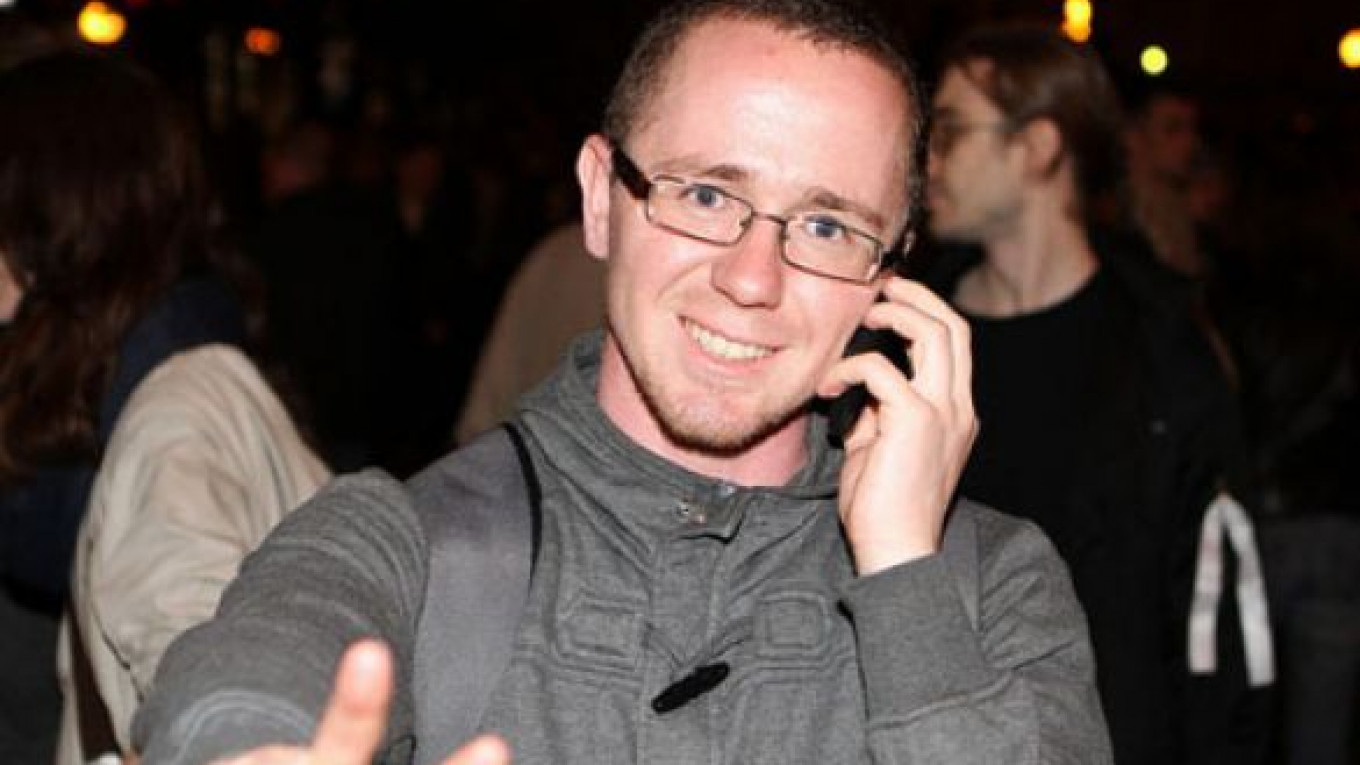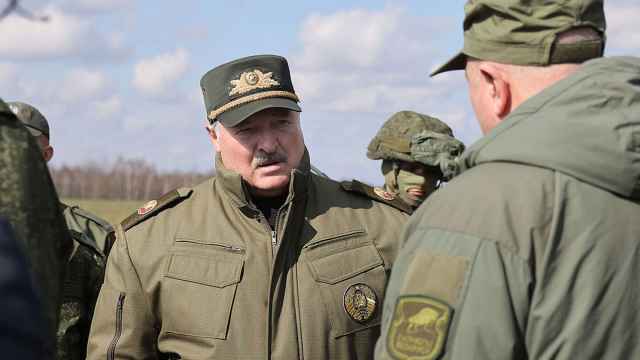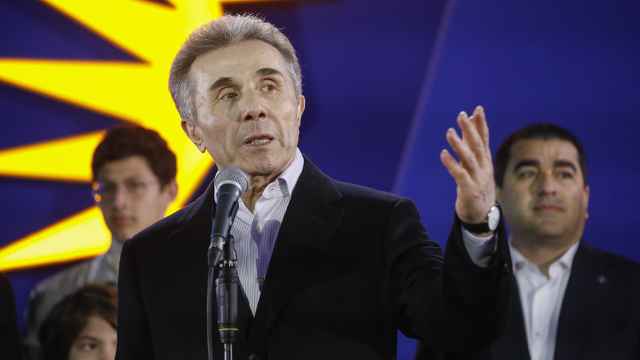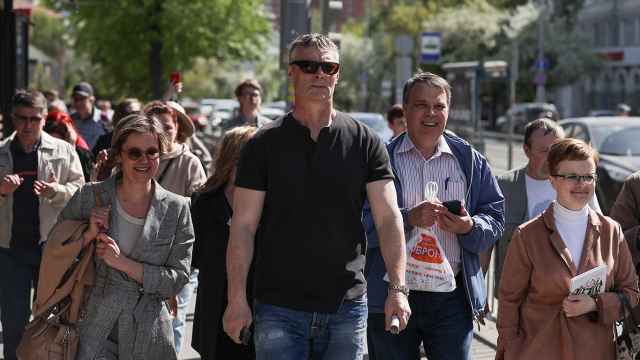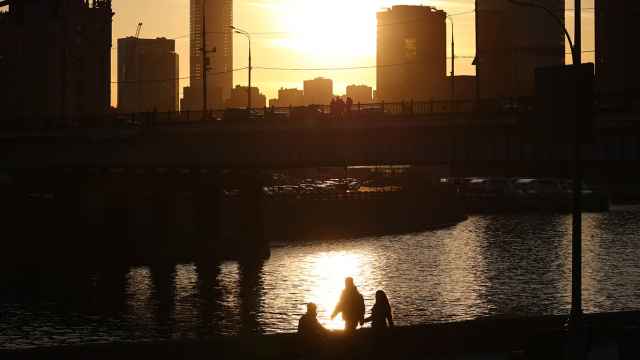Despite the harrowing kidnapping of opposition activist Leonid Razvozzhayev by Russian agents, other dissenters are pressing ahead in their bids for political protection in Ukraine.
Mikhail Maglov, an activist with the Solidarity opposition group, said he was in the process of receiving refugee status in Ukraine. “This happened even before the kidnapping of Razvozzhayev,” he Friday on Twitter.
Razvozzhayev, a member of the Left Front group and aide to State Duma Deputy Ilya Ponomaryov, says that he was seized by masked men in Kiev on Oct. 19 who handcuffed him and drove him across the Russian border, where he was psychologically tortured into confessing in writing that he had plotted riots.
Ukraine on Thursday acknowledged that Razvozzhayev had been abducted by the “security forces of other countries,” and its security service, SBU, said Friday that it would investigate the circumstances of his entry into Ukraine “and his hurried exit to Russia,” according to a on its website.
The Investigative Committee earlier denied the kidnapping and said Razvozzhayev had turned up voluntarily on Oct. 21, when he was arrested and sent to the Lefortovo detention center.
Also on Friday, a husband-and-wife pair of opposition activists seeking protection in Ukraine said they had been called by the SBU for questioning. However, Other Russia activist Alexei Devyatkin and journalist Jenny Curpen decided not to show up after a man who identified himself as an SBU officer asked them by telephone for the urgent meeting, the Agora rights group said in a .
Devyatkin and Curpen fled to Ukraine this summer after Russian investigators repeatedly summoned them for questioning in connection to violent clashes at a May 6 opposition rally. They have said they fear criminal charges like the ones filed against several other activists, even though they missed the violence on Bolotnaya Ploshchad.
Maglov has also been implicated in the May 6 violence. He was detained during June 11 raids at opposition leaders’ homes and was questioned for eight hours. He told Novaya Gazeta in an interview published Friday that he feared an abduction similar to Razvozzhayev’s but hoped that he would be safer because he was close to obtaining refugee status through the United Nations.
Razvozzhayev, Devyatkin, Curpen and Maglov all sought assistance at the Hebrew Immigrant Aid Society, which is affiliated with the UN refugee agency.
Agora spokesman Dmitry Kolbasin said that some of the activists had no foreign-travel passports and that appealing to the society’s Kiev office was a way for Russians to get refugee status anyway. Ukraine allows Russians to visit the country by showing just their internal passport.
Curpen hopes to seek asylum in another country through the UN because Ukraine rarely grants political asylum.
Other activists who have sought asylum since the opposition crackdown started May 6 are Solidarity’s Anastasia Rybachenko and Other Russia’s Alexander Dolmatov. While Dolmatov has applied for asylum in the Netherlands, Rybachenko gave up her appeal in Germany and has enrolled in a university in Estonia.
Related articles:
A Message from The Moscow Times:
Dear readers,
We are facing unprecedented challenges. Russia's Prosecutor General's Office has designated The Moscow Times as an "undesirable" organization, criminalizing our work and putting our staff at risk of prosecution. This follows our earlier unjust labeling as a "foreign agent."
These actions are direct attempts to silence independent journalism in Russia. The authorities claim our work "discredits the decisions of the Russian leadership." We see things differently: we strive to provide accurate, unbiased reporting on Russia.
We, the journalists of The Moscow Times, refuse to be silenced. But to continue our work, we need your help.
Your support, no matter how small, makes a world of difference. If you can, please support us monthly starting from just $2. It's quick to set up, and every contribution makes a significant impact.
By supporting The Moscow Times, you're defending open, independent journalism in the face of repression. Thank you for standing with us.
Remind me later.



